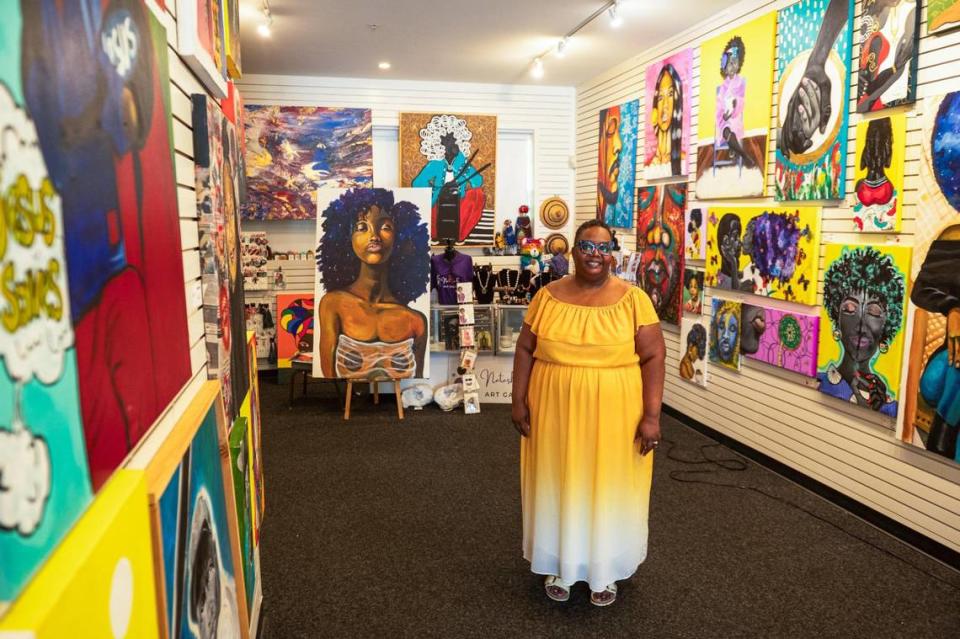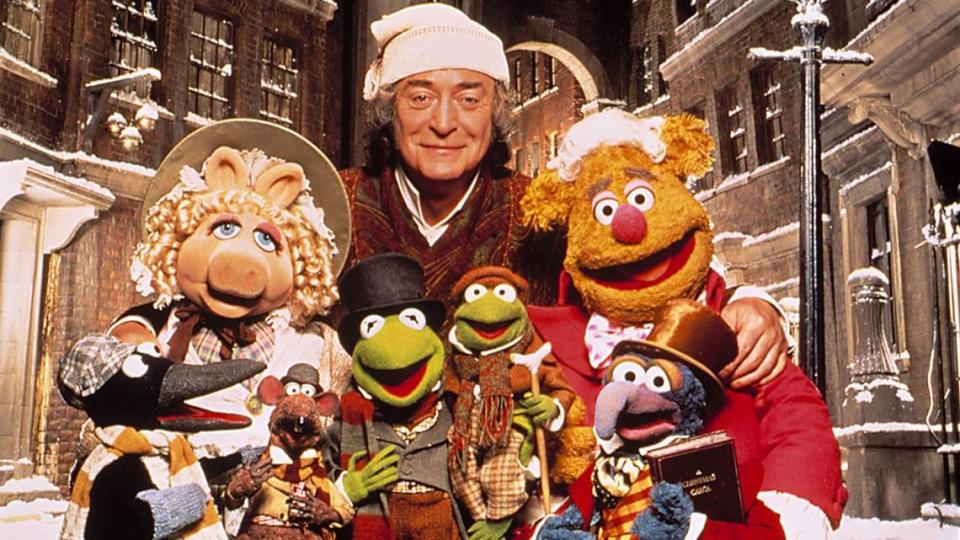Handel’s ‘Messiah’ is nearly 300 years old. How to hear it in KC the way he intended
For lovers of Handel’s “Messiah,” Kansas City is a great place to be in December. Not only do you get a big, full-throated version from the Kansas City Symphony, you also get to hear the Spire Chamber Ensemble perform the work as Handel originally wrote it in 1741, for a smaller choir and instrumental forces.
The Spire Chamber Ensemble conducted by Ben Spalding will present its annual period instrument performance Dec. 18 at Helzberg Hall.
For 13 years, Spalding has been gathering musicians from around the country to take part in an authentic period performance of the iconic Christmas oratorio. Spalding says that every year he discovers new layers to the work.
“‘Messiah’ is one of those works that we conductors and musicians could do the rest of our lives and not understand it,” he said. “Just this year I discovered that in the section ‘All they that see him laugh him to scorn’ there’s a dotted figure that represents flogging or whipping, and I noticed that there were 39 of those figures. Does that mean anything or not? Well, we do know from historical sources that Jesus received 39 lashings. So was Handel trying to say something there?”
For all its subtleties that endlessly delight musicians and musicologists, “Messiah” also has mass appeal and is one of the most popular classical works ever written.
“I think most historians would agree it’s the only classical piece that has been popular from day one,” Spalding said. “The premiere was so popular that they asked women not to wear hoop skirts so they could have more room to pack in people.
“There’s a reason why it’s so popular. It captures our human essence, our imagination. It’s just the whole gamut of human emotions.”
Although Spalding takes an authentic period approach to “Messiah,” that doesn’t mean he isn’t willing to experiment.
“One of the new things I’m doing is adding recorders to the pastoral symphony, when the shepherds arrive at the scene,” Spalding said. “Recorders give a very rustic feel. We’re also using a bodhrán, a Celtic hand drum. Handel didn’t write that, but it adds a homely kind of feel. You can imagine sitting around the fire with shepherds, and all of a sudden, the glory of the Lord appears and they’re astonished.”
Needless to say, Spalding’s “Messiah” is very different from Eugene Goossens’ massive re-orchestration, which had a cast of thousands and was made famous on record by Thomas Beecham.
“I think when Handel conceived this piece, he knew that it’s really difficult to get 200 people to sing ‘For Unto Us a Child Is Born,” Spalding said. “Those melismas are not easy. He knew it took lean forces to make it happen. Again, it’s a possibility. It’s not the only possibility, but it is a possibility.”
One thing’s for certain, many of the instruments used in Handel’s day sound very different from their modern counterparts. Spalding says it’s impossible to put together a period instrument orchestra using only local musicians. He says Spire’s orchestra is made up of about 30% local musicians and the rest from are from around North America. All the musicians bring their own instruments.
“One of the most exciting things is our concertmaster, Elizabeth Blumenstock, who has been with us for many, many years, is playing a 1660 Andrea Guarneri Cremona,” Spalding said. “This instrument is priceless. It’s one of the finest from that time period. It’s a loan from a trust.”
Most “Messiah” performances feature four soloists to sing the arias, but Spalding is taking a different tack.
“I think one of the fantastic things we do is that all the soloists are drawn from the choir,” Spalding said. “Most often you’ll see four soloists do it all, but I think how we do it is a very powerful way to hear different interpretations of these beloved arias. You’ll hear 14 different soloists bringing their own deep understanding to the music.”
To bring together such specialized forces to perform one of the most important works in the Western canon is something special. Spalding’s “Messiah” is a real treat for anyone who loves Handel’s masterpiece or baroque music in general.
“It is no overstatement to say what is special about this is that you would have to go New York or L.A. or Montreal or London to hear period performances of this caliber,” Spalding said. “The nature of these very rare instruments and what the singers bring to the performance in terms of style, with ornamentation that is spontaneous every time they do it, that’s incredibly rare.”
7 p.m. Dec. 18. Helzberg Hall, Kauffman Center for the Performing Arts. $25-$50. spirechamberensemble.org.

Te Deum
Te Deum is taking the age-old Anglican Festival of Lessons and Carols and giving it a contemporary spin with “Lessons and Carols for Today” Dec. 18 at St. Mary’s Episcopal Church and Dec. 19 at Village Presbyterian Church. Kansas City poet Natasha Ria El-Scari has written poetry from a Black feminist perspective, which will replace the traditional biblical readings, giving a different view of the Nativity story.
7 p.m. Dec. 18 at St. Mary’s Episcopal Church, 1307 Holmes St., and Dec. 19 at Village Presbyterian Church, 6641 Mission Road, Prairie Village. $25. te-deum.org.

St. Andrew’s Episcopal Church
It seems like everywhere you turn in Kansas City, there’s a delightful holiday concert happening. St. Andrew’s Episcopal Church will present an unusual take on Charles Dickens’ “A Christmas Carol” Dec. 17 at the church. Drawing on music from “The Muppet Christmas Carol,” Thomas Vozzella will lead the St. Andrew Parish Choir as members of the congregation act out the story.
5 p.m. Dec. 17. St. Andrew’s Episcopal Church, 6401 Wornall Terrace. Free. standrewkc.org.
You can reach Patrick Neas at patrickneas@kcartsbeat.com and follow his Facebook page, KC Arts Beat, at www.facebook.com/kcartsbeat.


